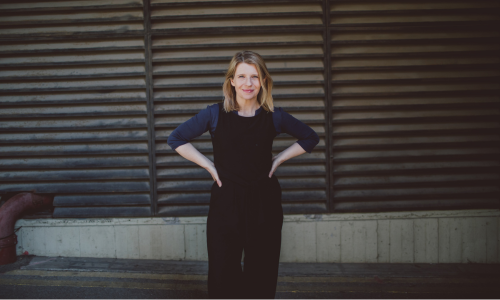Looking back on where this play came from, nearly twenty-five years after I first began writing it for Rough Magic, the story of its conception becomes harder to remember and explain. A few scrapbook memories linger. There was that sign you often saw outside Bewleys’ cafés, ‘Established 1840’, sparking thoughts of how that decade saw both the horrors of famine, and the growth of a booming family business based on tea, coffee, and their natural companion, sugar. There was a conversation with my aunt who comes from Grenada in the Caribbean: an island known for its sugar-cane and later its nutmeg plantations, where kidnapped people from Africa were enslaved under unimaginably brutal conditions. (And for what? To supply English nurseries and tea-tables with all the sticky puddings an addicted nation craved. Maximum pleasure, at maximum profit – for somebody, somewhere.) There were those Victorian photographs of rescued, orphaned children; and Lewis Carroll’s portraits of Alice Liddell in rags as ‘The Beggar Maid’, and with her sister Lorina ‘In Chinese Dress’… These were some of the fragments I recall, hovering like half-remembered dreams, provoking and goading this play into being.

The first production was staged – appropriately enough – in the Cube, at the Project Arts Centre: intended as an intimate chamber piece, of mainly domestic interiors. But always at the back of my mind was a vision of European culture that I think was expressed by Caryl Churchill: four people in a room playing exquisite classical music, and all the while blood is seeping slowly out across the floor from beneath the door. There’s a world beyond the walls and everything we do is connected to it.
At one point, I thought the title of this play might be ‘The Looking-Glass’ – after the gilt-framed mirror that has been ripped out of the Tewkleys’ home in the name of Quaker plainness. And there’s another looking-glass at the centre of the play, of course, Alfred’s camera. But the looking-glass is also a metaphor for theatre – that mirror held up to nature, where you might see a reproduction of the world that is both familiar, yet unfamiliar at the same time. The word ‘theatre’ means, etymologically, the ‘place for looking’; paradoxically, the reflection that theatre offers us may be clearer with the benefit of strangeness. I like plays that involve time-travel – to a world not quite ours, where people dress and speak and do differently. But beneath the costume and the surface habits, there’s the same miraculous human body: desiring, suffering, wanting. Playing. Posing.
All you can ever really want as a playwright is for some dream you had recently, or long ago, to be picked up again and new life breathed into it in ways you couldn’t have foreseen. I’m grateful beyond words to the Abbey; to Rough Magic; to everyone involved in this production; and to all my colleagues and comrades in theatre, past and present, who’ve risked everything to hold up the mirror; the glass where we might, if we’re lucky and the stars align, catch a glimpse of ourselves.
Elizabeth Kuti
June, 2024


